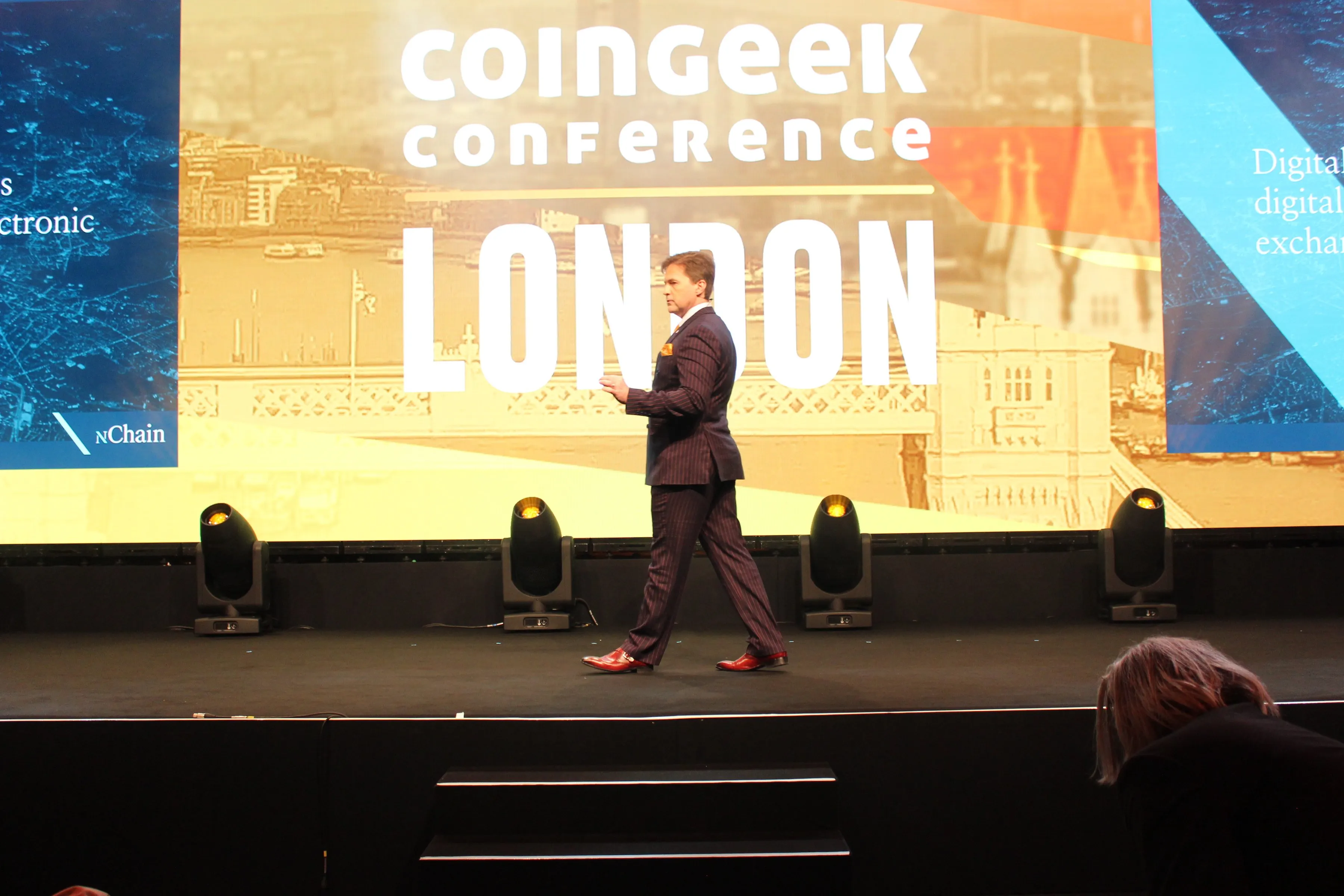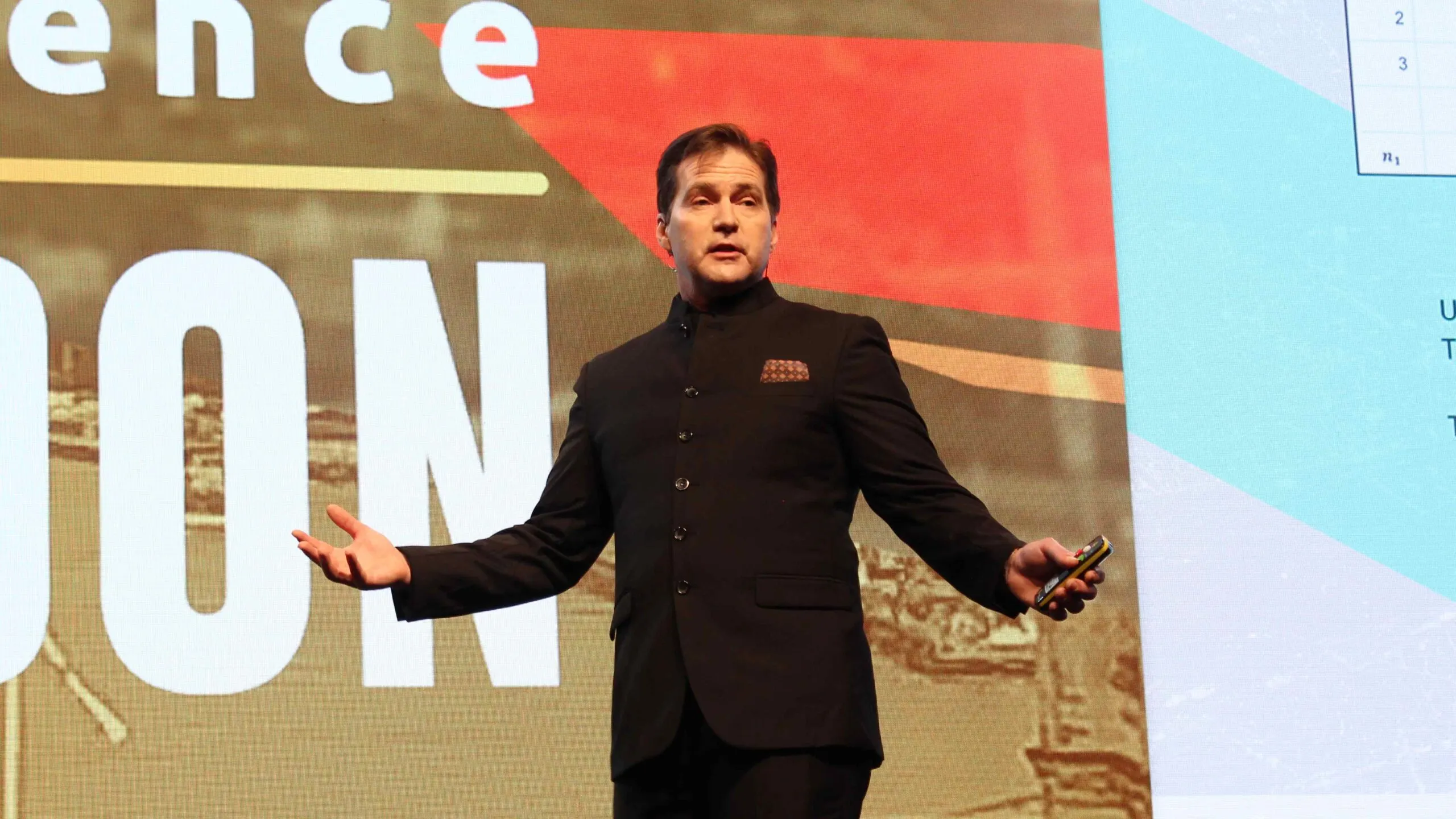In brief
- Craig Wright has objected to a court ruling that dismisses his attorney privilege.
- He insisted that there is no evidence that attorney documents were forged.
- Wright claims he's the pseudonymous inventor of Bitcoin, and is being sued for billions in Bitcoin.
Self-professed Bitcoin inventor Craig Wright has filed an official objection to a US Magistrates Order on Discovery that dismisses his attorney privilege.
Wright’s challenge, issued on Monday, is the latest development in Kleiman vs. Wright, a long running court action against the Australian computer scientist who has long claimed to be mysterious Bitcoin inventor, Satoshi Nakamoto.

The lawsuit against Wright was first launched in February 2018, by the brother of his former business partner, the late Dave Kleiman. His estate argues that Wright owes them half of all his Bitcoin (worth approximately $5 billion). The case hinges on Wright’s access to files needed to unlock the “Tulip Trust,” a trove of 1 million Bitcoin that Nakomoto supposedly mined in his early days.
Wright has argued that he can't unlock the files because of—among other reasons—“attorney-client privilege.” But, earlier this month, Judge Bruce Reihart threw out Wright’s argument. He said that documents submitted by Wright’s Kenyan attorney, Denis Bosire Mayaka, were “inadequately authenticated,” and he suggested that they may even have been forged.
Prejudicial decision
Wright’s latest motion insisted that there was no evidence to show that the lawyer’s documents were forged.
He argued that previously submitting documents found to be forgeries should not prejudice the decision in this matter.
“The Order summarily rejected the Mayaka Declaration because the Magistrate had previously found (on a different issue) that defendant (sic) submitted other ‘forged documents in this litigation,’” said Wright’s motion.
The court has yet to respond to Wright’s latest salvo. It’s not obliged to take his latest complaints on board.
Last week, Wright was ordered to pay legal costs of $165,500 incurred during the litigation of two motions connected to the case, which has dragged on for two years—although not as long as the Mt. Gox saga.

